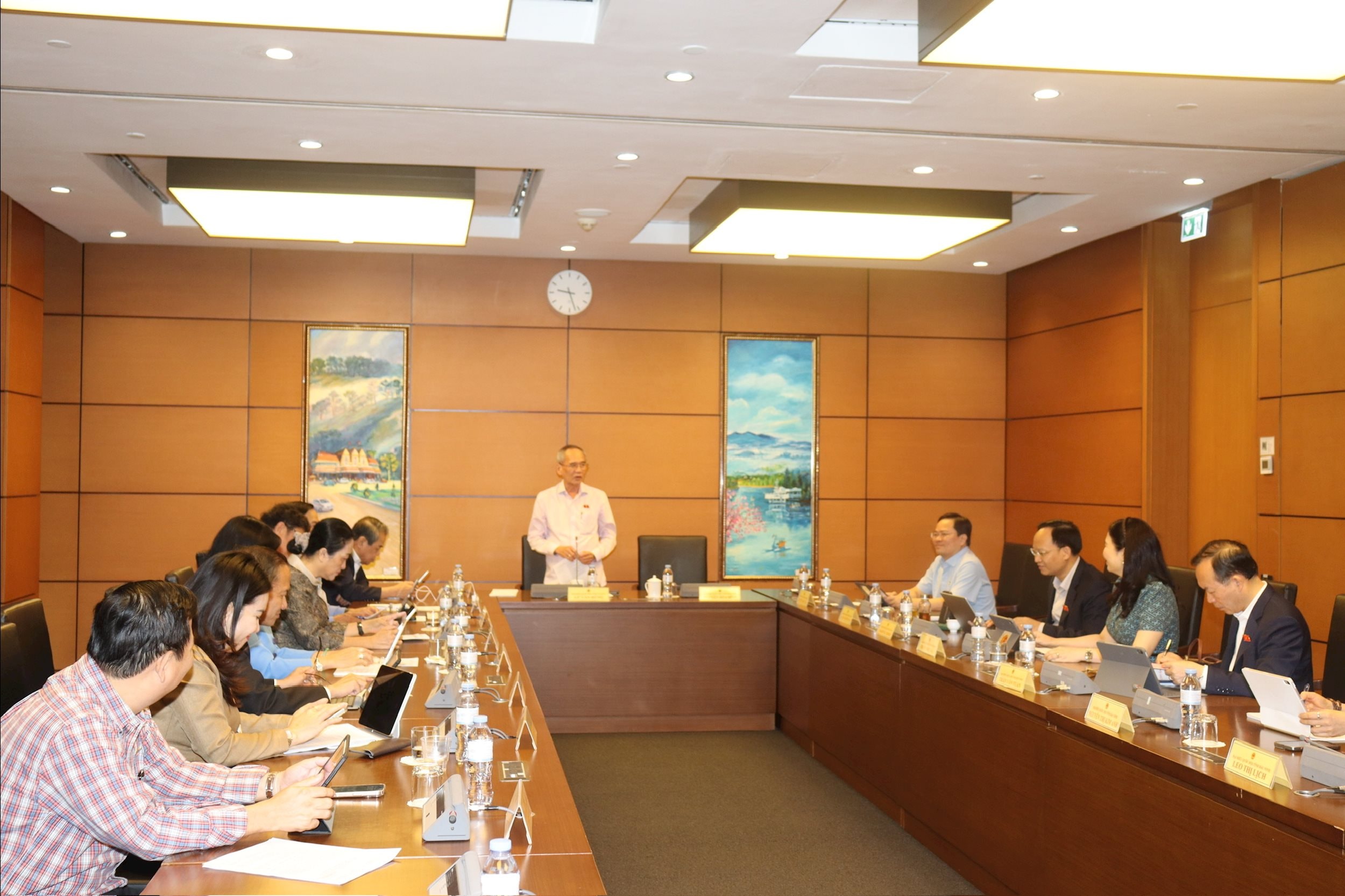
Speaking at the discussion in Group 8, National Assembly Deputy Do Thi Viet Ha (Bac Ninh) agreed to promulgate the Law amending and supplementing a number of articles of the Law on International Treaties in order to promptly institutionalize the Party's guidelines and policies, especially the thematic Resolutions recently issued by the Politburo ; perfecting institutions, policies and laws on international integration in the new situation; administrative reform, promoting decentralization and delegation of power in signing international treaties, meeting the political requirements, foreign affairs and international integration of the Party and State.
Specific comments on the draft Law, regarding the dossier submitted on the negotiation of international treaties, in Clause 3, Article 1 of the draft Law, supplement Clause 1a, Article 11 of the Law on International Treaties, stipulating: "In case the competent authority of the Party, the President , or the Prime Minister has given written instructions on the decision to negotiate an international treaty, the dossier submitted on the negotiation only needs to include the content of the proposal for authorization to negotiate". At the same time, amend Clause 2, Article 11 of the Law on International Treaties: "In case of necessity, the proposing agency shall propose to conclude the negotiation of an international treaty. The dossier submitted on the conclusion of the negotiation of an international treaty must include a draft international treaty showing the plan to conclude the negotiation"...
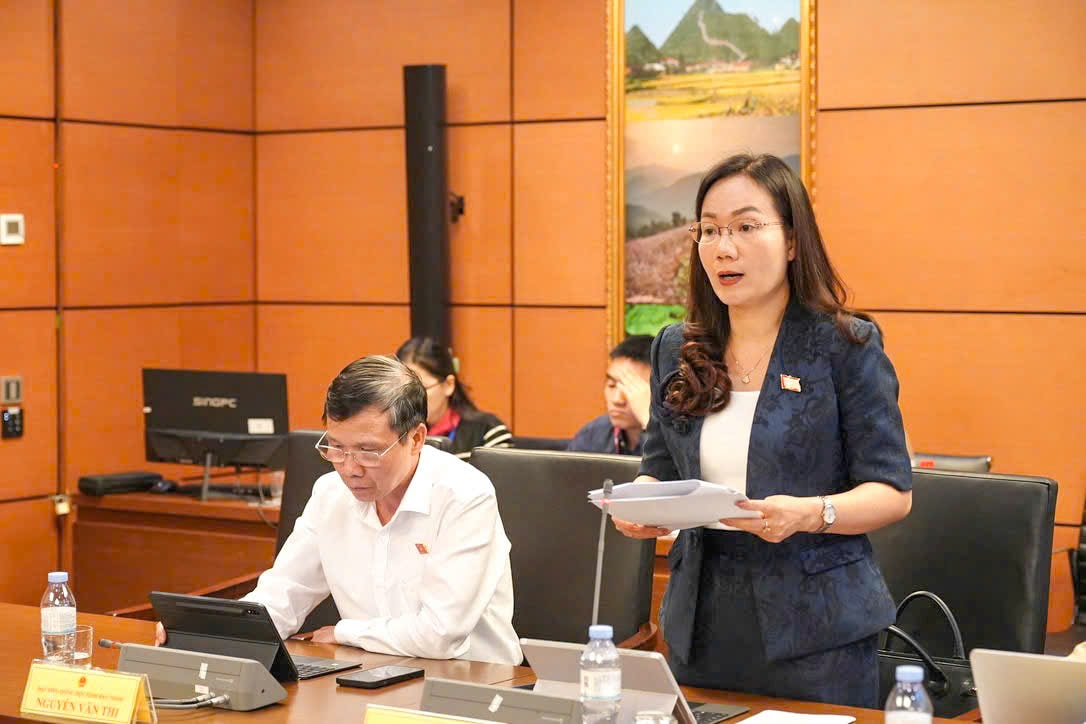
Delegate Do Thi Viet Ha said that these new regulations aim to shorten procedures, increase initiative for the proposing agency, in line with the policy of decentralization and decentralization in foreign affairs, and at the same time respond to practical situations arising in international negotiations - especially multilateral negotiations, or high-level negotiations conducted in a short period of time under the direct direction of the Politburo, Secretariat, President or Prime Minister.
However, to ensure transparency, legality and avoid abuse, delegates suggested that it is necessary to specify which types of documents are considered “written instructions” to avoid the arbitrary application of common administrative documents that may affect the legality and legitimacy of the negotiation process. Regarding the scope of application, it is necessary to clearly define which types of international treaties are allowed to apply this shortened provision, and it should not be applied to treaties that create financial obligations or give rise to complex international legal commitments.
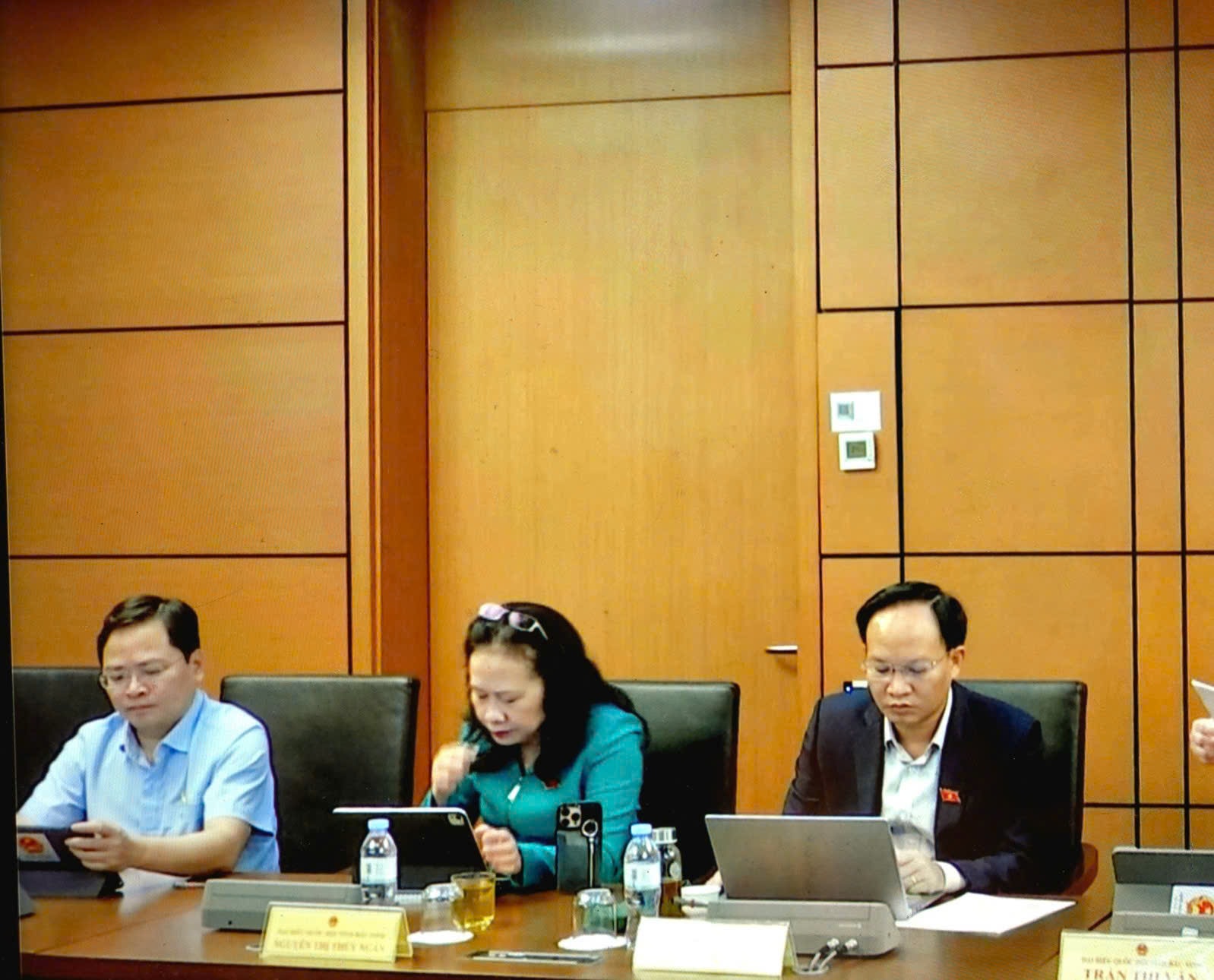
Regarding the provision “in case of necessity”, the delegate said that this is a qualitative phrase, if not clearly defined, it could lead to arbitrary application, affecting consistency and accountability. Therefore, it is recommended that the Drafting Committee study and clearly define criteria for necessary cases.
Regarding acceptance or objection to reservations by foreign signatories (Clause 13, Article 1, draft law), delegate Do Thi Viet Ha said that it is necessary to supplement clear legal principles as a basis for deciding to accept or object to reservations, and at the same time clearly stipulate the coordination mechanism between the Ministry of Foreign Affairs and ministries and branches in the process of consulting and proposing handling options to ensure unity, transparency and protection of national interests.
.jpg)
Regarding the content in the draft Law allowing the Ministry of Foreign Affairs to promptly notify when a foreign party makes a reservation to an international treaty of which Vietnam is a member, in order to ensure that relevant agencies and organizations promptly grasp and proactively handle...
This is considered a progressive provision, demonstrating the improvement of the process in the management and implementation of international treaties, especially in the context of the increasing number and scope of treaties that Vietnam participates in... However, according to delegate Do Thi Viet Ha, the draft only stops at the notification mechanism, but does not specifically stipulate the principles, criteria and authority in considering and deciding to accept or oppose reservations of foreign parties. Practice shows that determining the viewpoint on reservations of partner countries can directly affect the validity of international treaties in Vietnam, as well as impact the interests and legal obligations of our country.
"If there is a lack of clear and unified basis, it can easily lead to arbitrary understanding and application among agencies, even creating legal risks or conflicts in the implementation of the treaty," the delegate emphasized.
Therefore, the delegate suggested that the Drafting Committee study and add a new point at the end of Clause 13, Article 1 of the draft Law regulating the principle of reservation, with the content: "Accepting or opposing foreign reservations is carried out on the basis of the principle of ensuring sovereignty, security, national interests, in accordance with the objectives, scope of treaties and international legal practices".
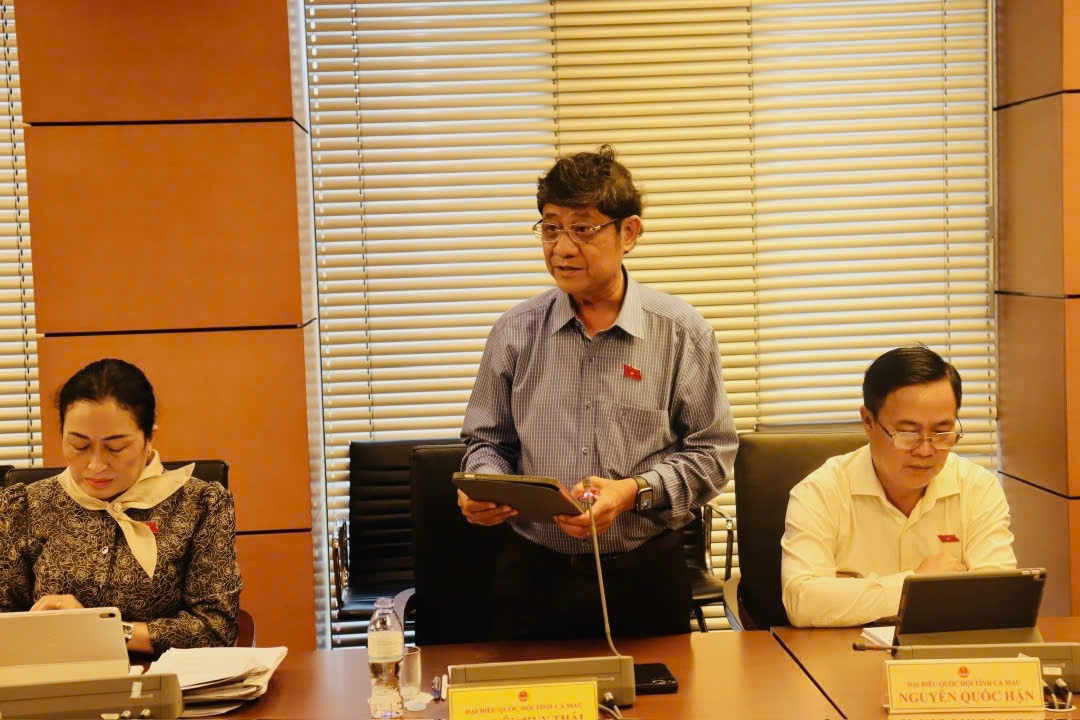
From another perspective, regarding the Draft Law on amending and supplementing a number of articles of the Law on International Treaties, National Assembly Deputy Nguyen Huy Thai (Ca Mau) said that it is necessary to add provisions on authorization in special cases (Article 72a), in accordance with practical requirements in the context of complex and unpredictable developments in the world and the region.
According to the delegate, this provision helps increase flexibility in handling urgent foreign affairs situations, but must clearly define the scope, duration and conditions of authorization, ensuring that it does not affect the constitutional authority of the President. "The authorization mechanism is only applied in special cases, when necessary to promptly handle arising issues, while still ensuring constitutional principles and national interests," the delegate emphasized.
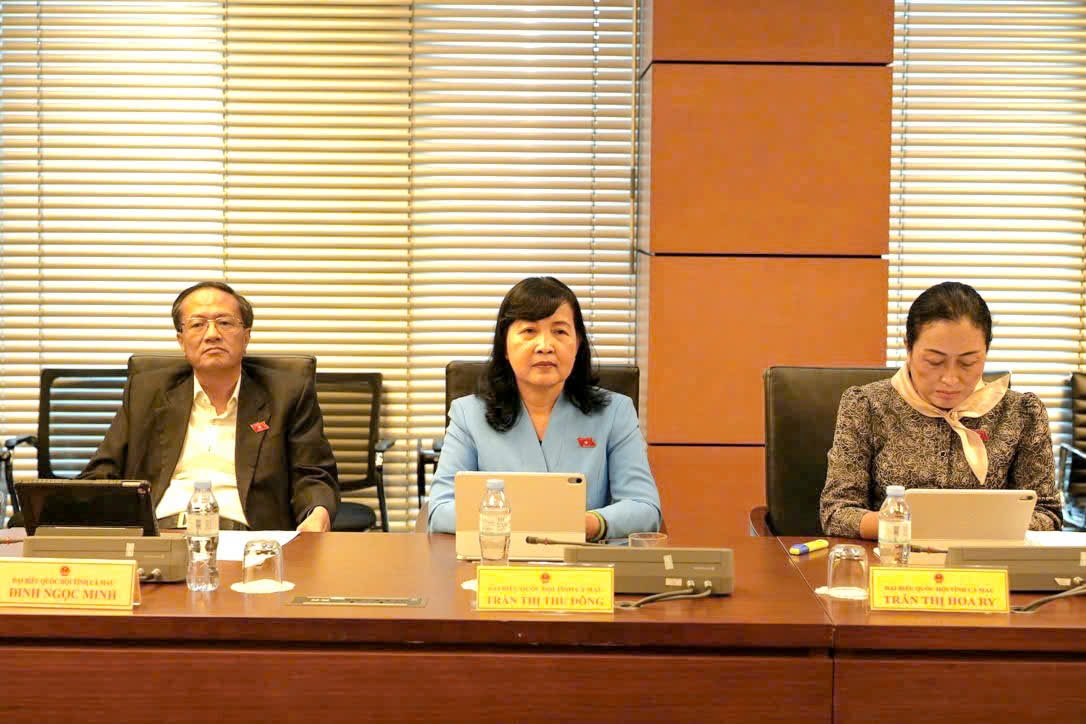
Delegate Nguyen Huy Thai said that in the current situation, our country's top priority is to maintain a peaceful environment, protect sovereignty, mobilize resources for development and enhance international prestige. Therefore, it is necessary to perfect the Law on International Treaties in a flexible and feasible manner.
Source: https://daibieunhandan.vn/xac-dinh-ro-can-cu-ve-quan-diêm-bao-luu-cua-cac-quoc-gia-doi-tac-10393842.html


![[Photo] Prime Minister Pham Minh Chinh attends the 5th National Press Awards Ceremony on preventing and combating corruption, waste and negativity](https://vphoto.vietnam.vn/thumb/1200x675/vietnam/resource/IMAGE/2025/10/31/1761881588160_dsc-8359-jpg.webp)


![[Photo] Da Nang: Water gradually recedes, local authorities take advantage of the cleanup](https://vphoto.vietnam.vn/thumb/1200x675/vietnam/resource/IMAGE/2025/10/31/1761897188943_ndo_tr_2-jpg.webp)


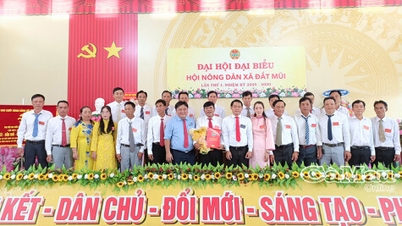



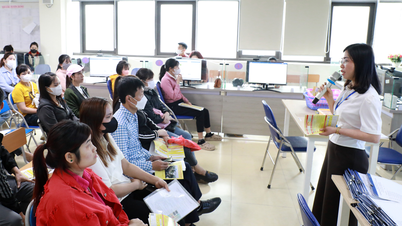

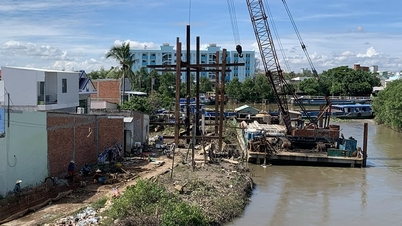


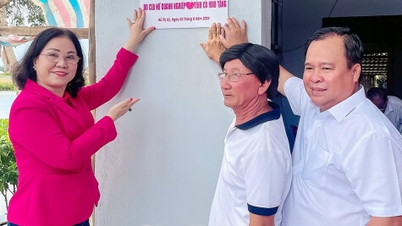
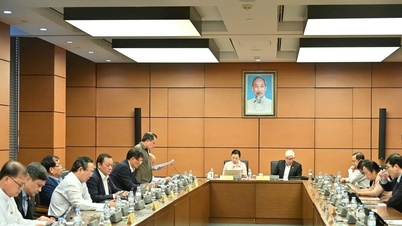
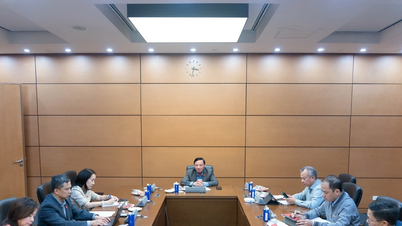

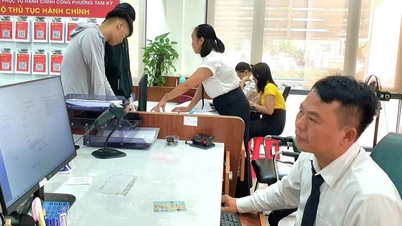

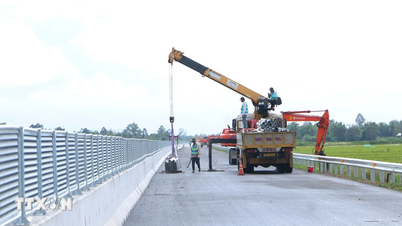
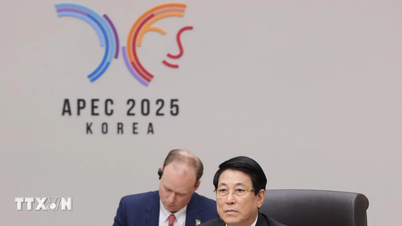
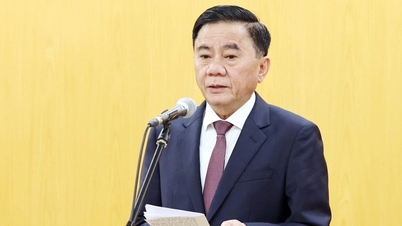




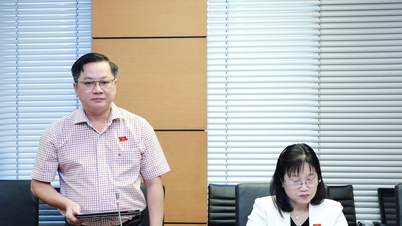
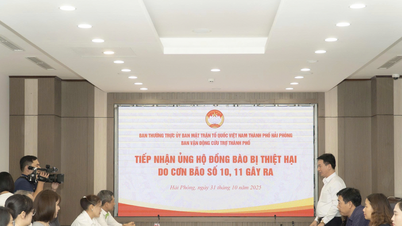
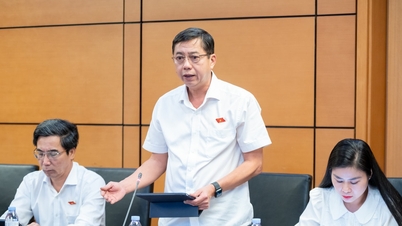
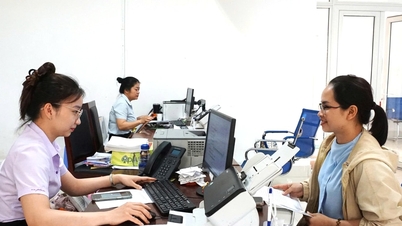
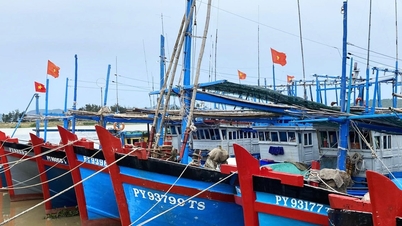
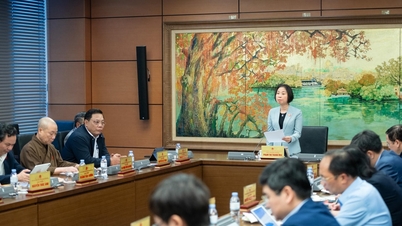


































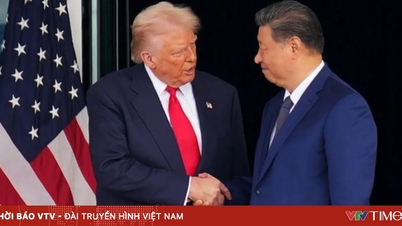


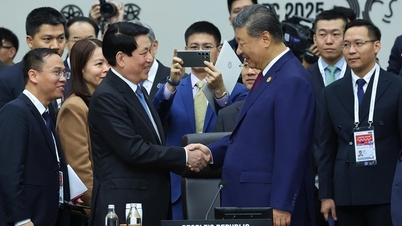

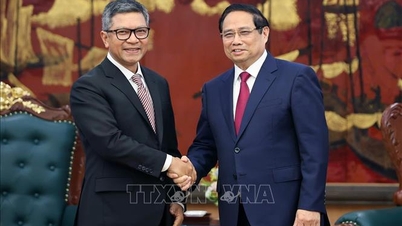






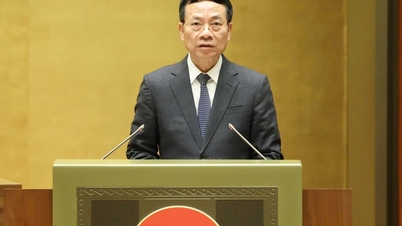

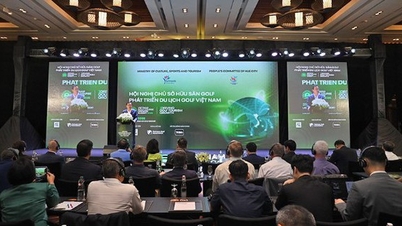
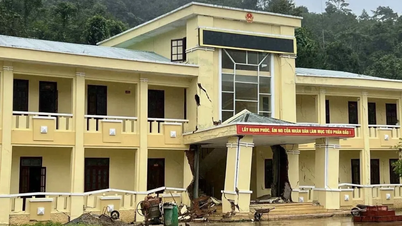
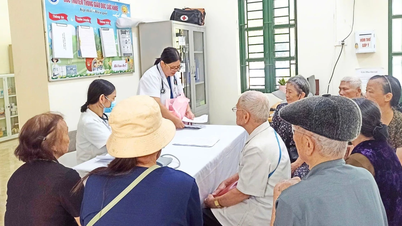

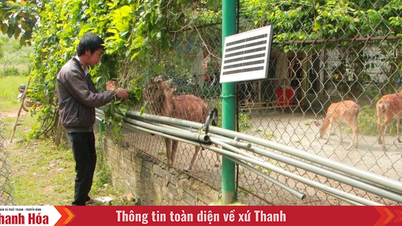




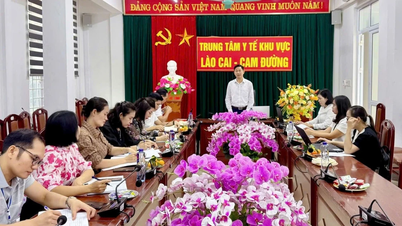














Comment (0)